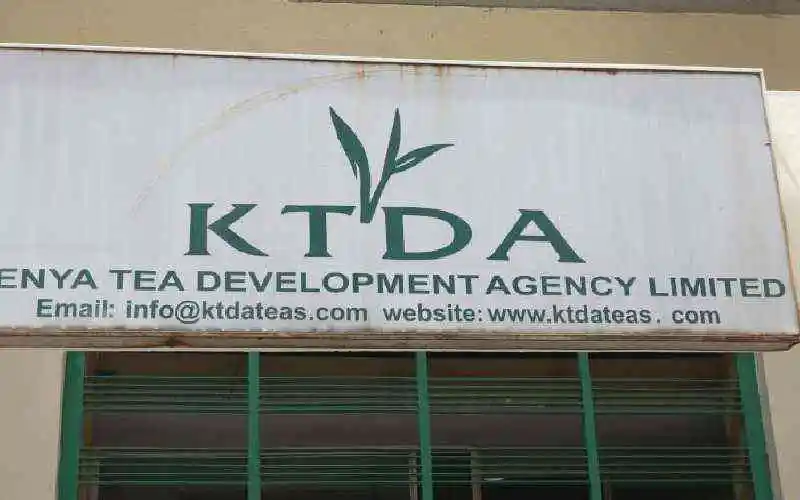The Kenya Tea Development Agency (KTDA) has confirmed that tea farmers will receive lower bonuses this year, attributing the decline to unfavorable global market conditions and currency fluctuations. The announcement has sparked unease among farmers, many of whom rely on tea as their primary source of income.
In its statement on Tuesday, KTDA explained that the Kenya Shilling’s performance significantly impacted returns. “In 2024, the Kenya Shilling traded at an average of Ksh 144 to the US dollar, while in 2025 the average was Ksh 129. This weaker exchange rate meant that even where international prices were stable, the amount realized in Kenya Shillings was significantly lower,” the agency noted.
The reduced earnings have affected farmers across key tea-growing regions. In the East Rift and Kiambu, prices dropped to Ksh 371 per kilo, a decline of Ksh 46. Murang’a farmers earned Ksh 376, down by Ksh 42, while Nyeri stood at Ksh 388, a drop of Ksh 42. Kirinyaga farmers earned Ksh 400, down Ksh 38, Embu Ksh 404, down Ksh 34, and Meru recorded Ksh 381, a decline of Ksh 46.
KTDA emphasized that high-altitude teas continue to fetch better prices internationally due to their superior quality. To boost long-term resilience, the agency is investing in the production of orthodox teas, value addition, and opening new export markets, including China. It is also modernizing factories and adopting energy solutions to reduce costs.
KTDA Chairman Chege Kirundi reaffirmed the agency’s commitment to a “Farmers First” approach, pledging transparency, reduced operational costs, and improved marketing strategies. However, farmers remain skeptical, pushing for tangible reforms such as timely delivery of inputs and greater efficiency in factory operations.
Kenya remains the world’s top exporter of black tea and the second-largest producer after China. Despite this global standing, overreliance on bulk exports through the Mombasa auction continues to expose farmers to market volatility, reinforcing calls for deeper sector reforms.

